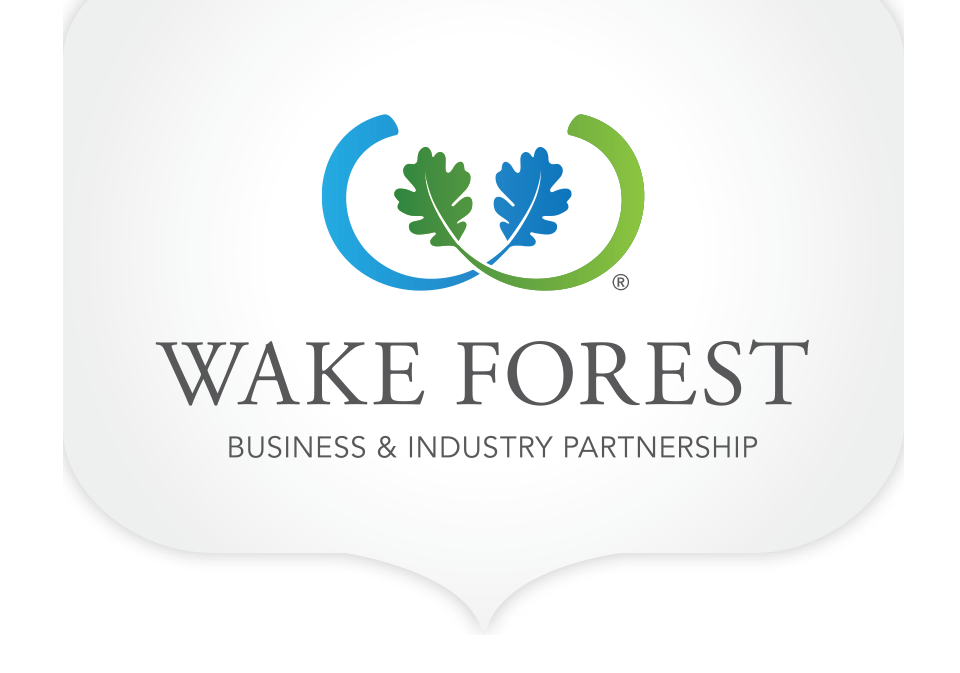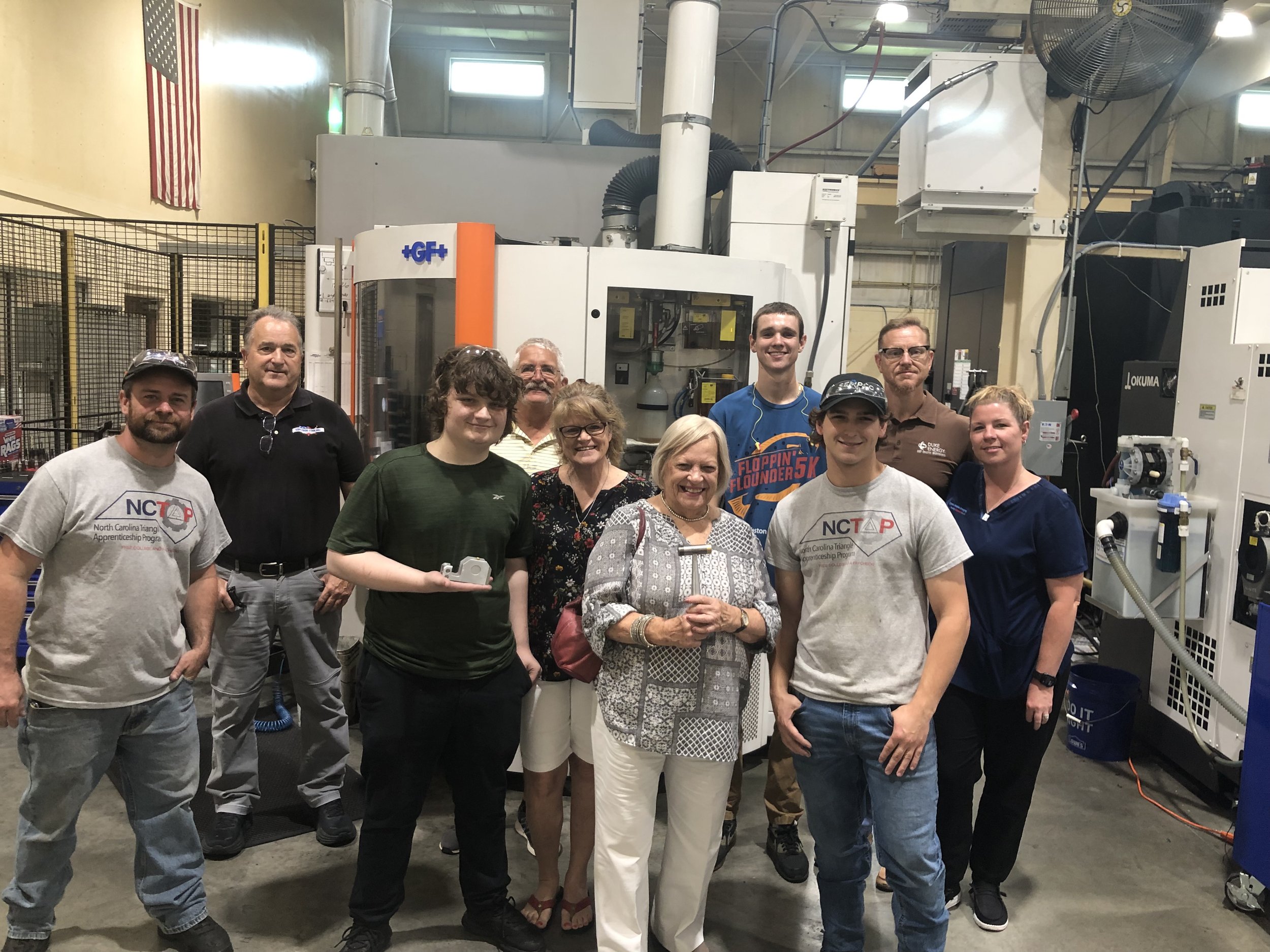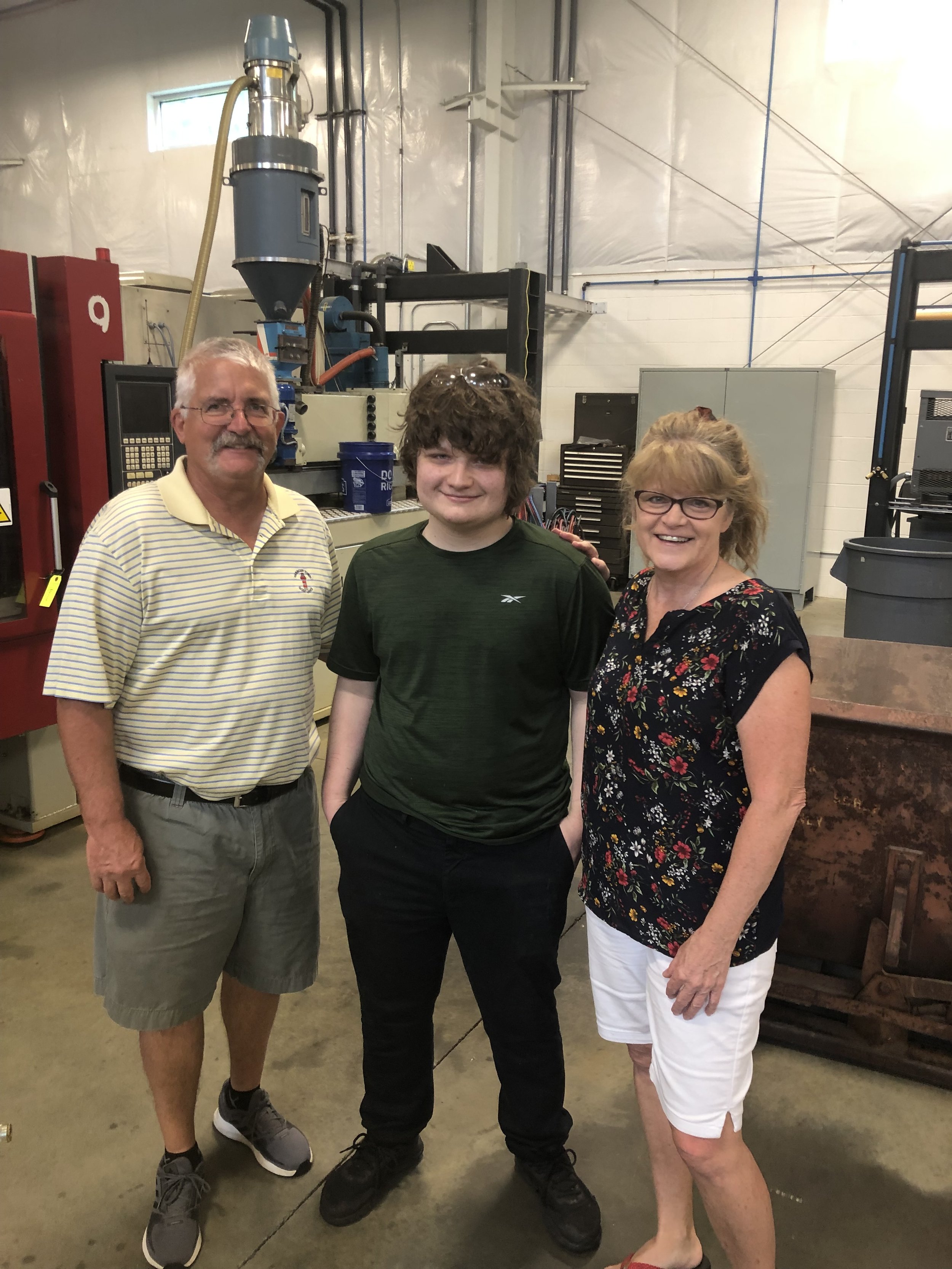While labor shortages had been hampering U.S. businesses well before COVID-19, the situation worsened after pandemic shutdowns were lifted. Today, despite widespread talk of an impending recession, Triangle labor markets remain tight. As of June, the unemployment rates in Durham and Wake counties stood at just 3.6 percent, according to the N.C. Department of Commerce. Statewide, the rate was 4.1 percent.
An increasing number of employers are turning to apprenticeships to recruit, retain and nurture skilled workers. One company in Wake Forest utilizing apprentices is Superior Tooling Inc. This homegrown firm, which specializes in injection molds, is part of the North Carolina Triangle Apprenticeship Program (NC TAP). “We helped get NC TAP started here,” says Robbie Earnhardt, the company’s founder. Earnhardt worked with Bob Luddy, another Wake Forest business leader, in establishing NC TAP.
“Apprenticeships offer great career paths,” Earnhardt adds, noting that about a dozen of the company’s current employees began their careers as apprentices – including himself. He describes the workforce strategy as “growing our own.”
Local high schools, along with Durham Tech Community College, Wake Tech and Vance-Granville Community College, partner in NC TAP. For some students, the program begins with a summer pre-apprentice experience, followed by a 50/50 split between the classroom and the workplace during their final year in high school. Upon graduation, apprentices work full-time while pursuing state-funded engineering technology studies one day per week at a participating community college.
“Apprenticeships allow our young people to earn money while gaining hands-on work experience and completing their Associates degrees,” explains Jason Cannon, President of the Wake Forest Business & Industry Partnership (WFBIP). “Most importantly, rising members of our workforce can earn their credentials without incurring debt.”
Town Mayor Vivian Jones was among a dozen guests at Superior Tooling’s recent demonstration by pre-apprentices undertaking six-week summer internships at the company. Mayor Jones watched and listened as Ethan Leonard, a rising senior at Willow Springs High School, and Connor Kozar, a 2024 graduate of Rolesville High School, explained and demonstrated the company’s production processes.
“This is one of the most wonderful initiatives I’ve ever been part of,” said Mayor Jones, who attends the pre-apprentice demonstration every year. “They’re doing a wonderful job.” She noted that the Town of Wake Forest’s Inspections Department launched its own apprenticeship program last year.
Sandi and Greg Kozar, Connor’s parents, believe the apprenticeship program was the ideal choice for their son. “He was fearful about getting into a lot of student loan debt,” says Sandi Kozar, who works as a market researcher. However, the fact that Connor is the only member of his high school class taking the apprenticeship route is evidence that many students and their parents are unaware of the option. “They need to spread the word,” Sandi Kozar adds about the program.
Parents especially need to be made aware of the value of apprenticeships, Earnhardt believes.
Superior Tooling is among a dozen Wake County companies participating in NC TAP. Many of these companies are European firms, including Swiss equipment manufacturer Bühler and German industrial conglomerate Siemens. Founded locally in 1985, Superior Tooling serves customers across a wide range of industries but is especially prominent in the medical sector. In the early 2000s, Superior worked with the Town of Wake Forest to establish South Forest Industrial Park, a collaboration that formed the basis for WFBIP’s founding about a decade later.
“It’s no surprise that Superior Tooling is a pioneer in workforce solutions,” says WFBIP’s Cannon. “They are an exemplary corporate citizen and a leading innovator in their industry. The NC TAP intiative could not have a better advocate than Robbie and his colleagues.”
In 2020, ApprenticeshipNC, the apprenticeship program of the North Carolina Community College System, served 15,657 individuals- more than double the number recorded just four years earlier.
Researchers at the N.C. Department of Commerce’s Labor and Economic Analysis Division (LEAD) credit business’s thirst for skilled workers for the dramatic expansion and said employers are turning to accredited apprenticeship programs to address strategic workforce needs. LEAD’s 2020 survey found that 82 percent of companies participating in an apprenticeship program reported increased employee skills flexibility, 72 percent said they experienced improved productivity, 66 percent reported finding qualified candidates for employees, and 65 percent believed the programs had improved employee retention.
“LEAD researchers found that most survey respondents believe that their apprenticeship and pre-apprenticeship programs offer a positive financial ROI to their businesses. “The average registered apprenticeship program created $1.70 of additional value for every $1.00 of investment in apprentices.”






